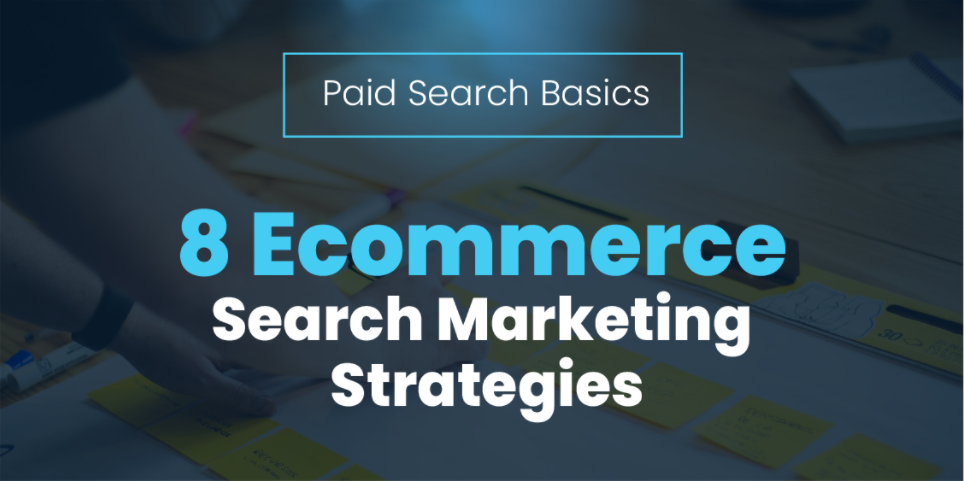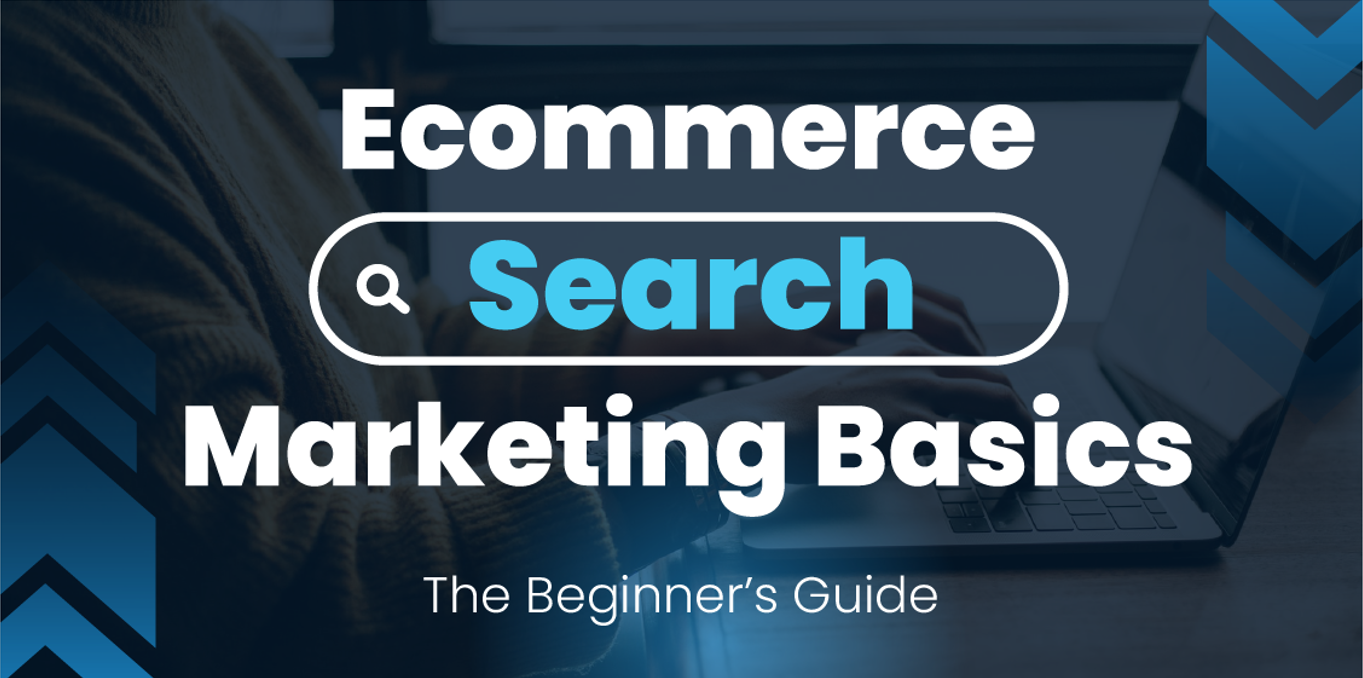Running a successful ecommerce business depends on more than just organic search results.
You have to consider other marketing techniques as well. For example, you can rely on ecommerce search marketing to improve brand visibility, traffic, and conversion rates.
But you need to get the paid search basics right for a great return on investment (ROI).
Keep reading to learn:
Benefits of Paid Ecommerce Search Marketing
Paid Search Basics: Ecommerce Search Marketing Strategies
Final Thoughts: Ecommerce Paid Search Basics — What You Need to Know
What Is Paid Search?
Paid search advertising is a digital marketing strategy where marketers pay to run ads on search engines. The search ad system charges advertisers using a pay-per-click (PPC) and auction-based model.
In other words, paid search works like this: Ecommerce marketers create ads and bid for ad placement by indicating the highest amount they would spend per click and their ad budget for the whole campaign.
Google Ads is a typical example. It analyzes campaign metrics like quality score, keyword research, and usage to optimize ad placement on the Google search engine result pages (SERPs).Paid search advertising is also known as search engine marketing(SEM) — it doesn’t stop at Google. It applies to search engines like Yahoo and Bing as well.
Benefits of Paid Ecommerce Search Marketing
There are several advantages online stores can enjoy with ecommerce search marketing:
Ecommerce search marketing gives you access to relevant campaign data you can use to optimize for target search terms.
It is a cost-effective way of paid advertisement compared to sponsored content because you only pay the cost-per-click (CPC).
Paid search ads provide ecommerce marketers with better results, as they can rank higher than competitor brands who solely focus on search engine optimization (SEO).
Search engine ranking is immediate, unlike organic SEO content that takes several weeks or months before you see results.
Paid ecommerce search ads increase your brand visibility by making your brand the top-ranking result for search terms you bid on. This way, your target audience can find your business easily.
Paid Search Basics: 8 Ecommerce Search Marketing Strategies

Ecommerce search marketing is challenging initially, but you can do it effectively if you know the paid search basics to set in place for maximum ecommerce sales.
Here are eight ecommerce search marketing strategies that you should implement as an online store owner.
1. Optimize Your Search Engine Ads
To successfully grow your business with ecommerce search marketing, you need to optimize your search ad campaigns.
You should:
Perform thorough keyword research — Search for keywords with high commercial intent you can bid on and use for your ad copy.
Group relevant ad keywords — Categorize keywords you want your paid search campaign to rank for into ad groups. Also, identify negative keywords to remove from your ad campaigns.
Win the ad auction — Your ad placement (or ad rank) will depend on a couple of factors: your maximum bid (your ad budget) and quality score (a metric that search engines use to grade the quality of your advertisement).
2. Prepare Your Ecommerce Store for Mobile Shopping
Mobile shopping is expected to account for over $3.55 million in ecommerce revenue in 2021.
As an online store owner, you must ensure that your online store website is mobile-friendly, so you don’t lose potential customers who find you through ecommerce paid advertising.
3. Improve Your Website Speed
Your website speed plays a significant role in ensuring the success of your online store. For a high ROI of your ecommerce paid advertising, your website should be fast and available 24/7.
One essential way to prepare your webpages for conversion is to use a reliable hosting service and plan. A reliable hosting provider decreases your loading times and helps you avoid website crashes.
At Nexcess, we offer fully managed WooCommerce hosting that includes an intelligent monitoring system, premium tools, and add-ons to improve website security, speed, and scalability. With this hosting plan, your website can bear traffic surges, encouraging conversions.
4. Target Your Customers on Social Media
Social media advertising is another strategy for ecommerce paid advertising. It can enhance your ecommerce search marketing because social media platforms are powerful places to find and target your ideal customers.
Buffer shares that 73% of marketers believe social media marketing is an effective strategy for their business.You can use social media channels to target and retarget potential customers of your ecommerce business.
5. Incentivize Your Customers
You will find fierce competition in the ecommerce industry. But you can make your ecommerce paid advertising campaigns stand out by giving incentives.
Use incentives to boost the click-through rate (CTR) of your paid ads. You can offer gifts with purchase, free shipping, percentage off pricing, and more.
6. Run Retargeting Ad Campaigns
The retargeting or remarketing campaign is an ecommerce search marketing strategy that targets searchers who clicked your search ads or reached your website but didn’t convert.
Some of them may be surveying the products, and some may be comparing the options. Or perhaps, something distracted them while they navigated your landing page.
It’s a great idea to reach out to them again.
7. Make Use of User-Generated Content (UGC)
89% of consumers read reviews online before buying a product.So user-generated content should be a part of your ecommerce search marketing plan.
User-Generated Content (UGC) is the type of content — review ratings, social media posts, and testimonial videos — made by users of your products. So, include UGC in the landing pages linked to your search ads to increase conversions.
Final Thoughts: Ecommerce Paid Search Basics — What You Need To Know
You can get a better ROI on your ecommerce search marketing campaigns by getting the basics right.
Go through the strategies above and craft your overall marketing strategy. Effective marketing means visitors. So make sure to improve your website’s speed.
Prepare your website for conversions with Nexcess’s fully managed WooCommerce hosting today.

